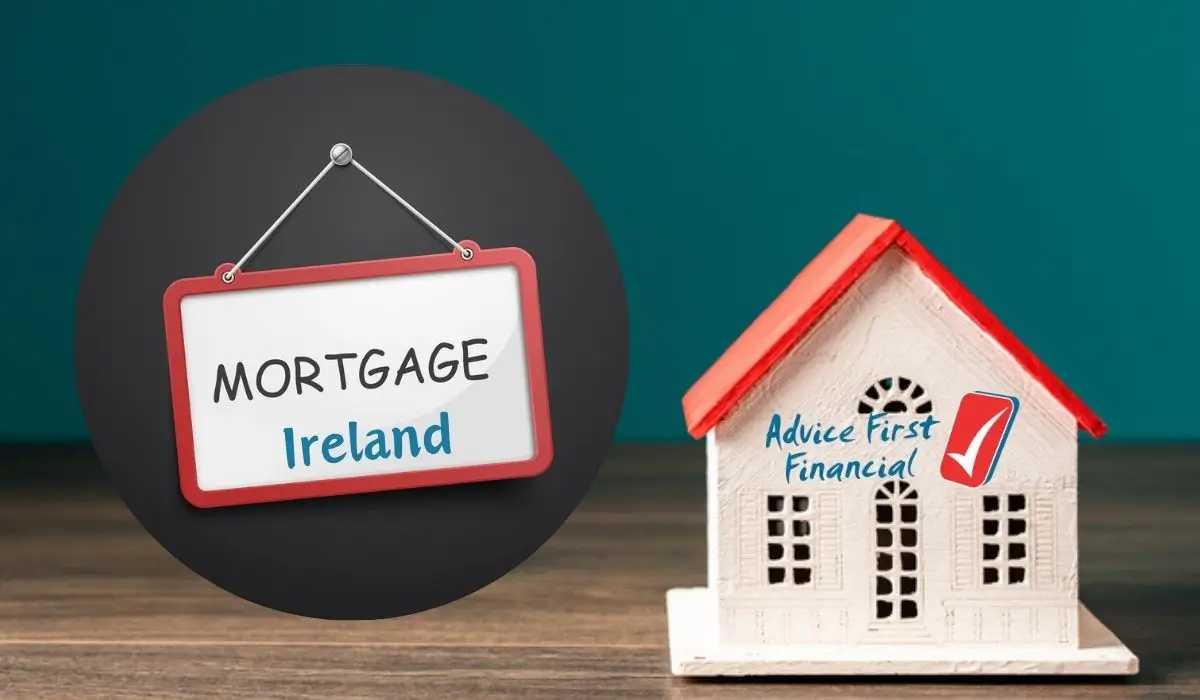
Introduction to Mortgages in Ireland
In Ireland, securing a mortgage is often the first step in purchasing a home. A mortgage is a loan provided by a bank or other financial institution that allows you to buy property, with the loan secured against the value of the property itself. While the process of obtaining a mortgage may seem straightforward, navigating through the variety of options available can be overwhelming.
This article provides essential mortgage advice Ireland for homebuyers in Ireland. Whether you’re a first-time buyer or looking to refinance your current mortgage, understanding the key aspects of mortgages in Ireland will help you make informed decisions and secure the best deal for your needs.
Types of Mortgages Available in Ireland
There are several different types of mortgages available in Ireland, How to get a mortgage in Ireland? each with its own set of features. The type of mortgage you choose will depend on your financial situation, the type of property you’re purchasing, and your long-term plans.
1. Fixed-Rate Mortgages
A fixed-rate mortgage offers a stable interest rate for a set period, typically between 1 and 5 years, though some may be longer. The benefit of a fixed-rate mortgage is the certainty of predictable monthly payments, regardless of changes in interest rates.
- Pros:
- Predictable payments
- Protection from interest rate increases
- Predictable payments
- Cons:
- Limited flexibility if interest rates drop
- Higher initial rates compared to variable rates
- Limited flexibility if interest rates drop
2. Variable-Rate Mortgages
A variable-rate mortgage means that the interest rate can fluctuate based on market conditions. This can lead to lower monthly payments when rates are low, but payments may increase if interest rates rise.
- Pros:
- Potential for lower payments when rates are low
- Flexible and can be paid off early without penalties
- Potential for lower payments when rates are low
- Cons:
- Uncertainty of payments if rates increase
- Potential for higher long-term costs
- Uncertainty of payments if rates increase
3. Tracker Mortgages
Tracker mortgages are a type of variable-rate mortgage that is directly linked to the European Central Bank (ECB) rate, or another external reference rate. The interest rate will rise or fall depending on changes in the reference rate, making it a more predictable option than a standard variable rate mortgage.
- Pros:
- Transparent and linked to an external rate
- Generally lower rates compared to other variable-rate options
- Transparent and linked to an external rate
- Cons:
- Interest rates can still rise, increasing monthly payments
- Limited availability
- Interest rates can still rise, increasing monthly payments
4. Interest-Only Mortgages
An interest-only mortgage allows you to only pay the interest on the loan for a set period, typically 3 to 10 years. After this period, you will begin to pay off the principal amount as well.
- Pros:
- Lower monthly payments during the interest-only period
- Can be a good option for people expecting an increase in income or lump sum payments in the future
- Lower monthly payments during the interest-only period
- Cons:
- The principal loan remains unchanged until the repayment period starts
- Higher payments once the principal repayments begin
- The principal loan remains unchanged until the repayment period starts
5. First-Time Buyer Mortgages
For those purchasing their first home, many banks offer special mortgage products designed to make homeownership more affordable. These often come with lower deposit requirements and may offer better interest rates than standard mortgages.
- Pros:
- Lower deposit requirement (usually 10% of the property value)
- Tailored products for first-time buyers
- Lower deposit requirement (usually 10% of the property value)
- Cons:
- May have additional eligibility criteria
- May have additional eligibility criteria
Understanding Mortgage Lenders in Ireland
When applying for a mortgage, the choice of lender is crucial to securing the best deal. In Ireland, banks, building societies, and credit unions are the most common mortgage lenders. It’s important to compare different lenders to ensure you get the most competitive interest rates and favorable loan terms.
1. Banks
Most homebuyers in Ireland will apply for a mortgage through one of the main banks, such as Bank of Ireland, AIB, or Ulster Bank. Banks typically offer a wide range of mortgage products and can provide pre-approval to help you gauge how much you can borrow.
- Pros:
- Established institutions with experience
- Competitive rates and promotions
- Established institutions with experience
- Cons:
- Strict eligibility criteria
- May have additional fees or charges
- Strict eligibility criteria
2. Building Societies
Building societies, such as EBS and Permanent TSB, are also common mortgage lenders in Ireland. They tend to offer more personalized service and may be more flexible with terms.
- Pros:
- More personal service
- Potential for lower fees
- More personal service
- Cons:
- May offer fewer products than banks
- Limited presence compared to larger banks
- May offer fewer products than banks
3. Credit Unions
Credit unions can also be a good option for securing a mortgage, especially for first-time buyers. They are member-owned institutions that often offer competitive interest rates.
- Pros:
- More flexible lending criteria
- Personalized customer service
- More flexible lending criteria
- Cons:
- Smaller range of mortgage products
- Higher fees for some services
- Smaller range of mortgage products
Factors to Consider When Applying for a Mortgage
When applying for a mortgage, there are several key factors you need to consider to ensure you’re making the best financial decision. These include:
1. Deposit Requirements
In Ireland, first-time buyers typically need a deposit of 10% of the property’s value, while non-first-time buyers may need 20%. Larger deposits can help you secure better interest rates, so it’s worth saving as much as possible for your deposit.
2. Affordability
Lenders will assess your ability to repay the mortgage by looking at your income, expenses, and existing debts. It’s important to ensure that you can comfortably afford the monthly mortgage payments, which should not exceed a certain proportion of your income.
3. Interest Rates
The interest rate on your mortgage will have a significant impact on the total cost of your loan over time. Ensure you understand the type of interest rate offered and how it will affect your monthly payments.
4. Loan Term
Mortgages in Ireland typically have terms ranging from 20 to 35 years. A longer loan term will reduce your monthly payments, but it will increase the total cost of the mortgage due to the interest paid over the longer period.
5. Additional Costs
In addition to the mortgage loan itself, homebuyers must consider other costs associated with purchasing a property, such as stamp duty, legal fees, and valuation fees. These can add up and should be factored into your budget.
How to Get the Best Mortgage Deal
Securing the best mortgage deal requires careful planning and research. Here are some tips to help you get the most competitive mortgage rate:
1. Compare Mortgage Offers
Take the time to compare mortgage rates and terms from multiple lenders to find the best deal for your financial situation. Mortgage brokers can also help you navigate through the various options available.
2. Improve Your Credit Score
Your credit score plays a crucial role in securing a favorable mortgage deal. Before applying, review your credit report and take steps to improve your credit score, such as paying off existing debts or correcting any errors on your report.
3. Consider Fixed vs. Variable Rates
Evaluate whether a fixed-rate or variable-rate mortgage is more suitable for your financial situation. Fixed rates provide certainty, while variable rates may offer more flexibility if interest rates decrease.
4. Seek Professional Advice
Consulting with a financial advisor or mortgage broker can help you understand your options and find the best mortgage deal for your circumstances. They can provide guidance on navigating the application process and ensuring you make the right choice.
Conclusion
Obtaining a mortgage in Ireland is an essential step in buying a home, but it requires careful consideration of various factors, including interest rates, loan terms, and lender options. By understanding the different types of mortgages, your rights as a borrower, and the steps involved in securing a mortgage, you can make an informed decision and choose the best deal for your future.




